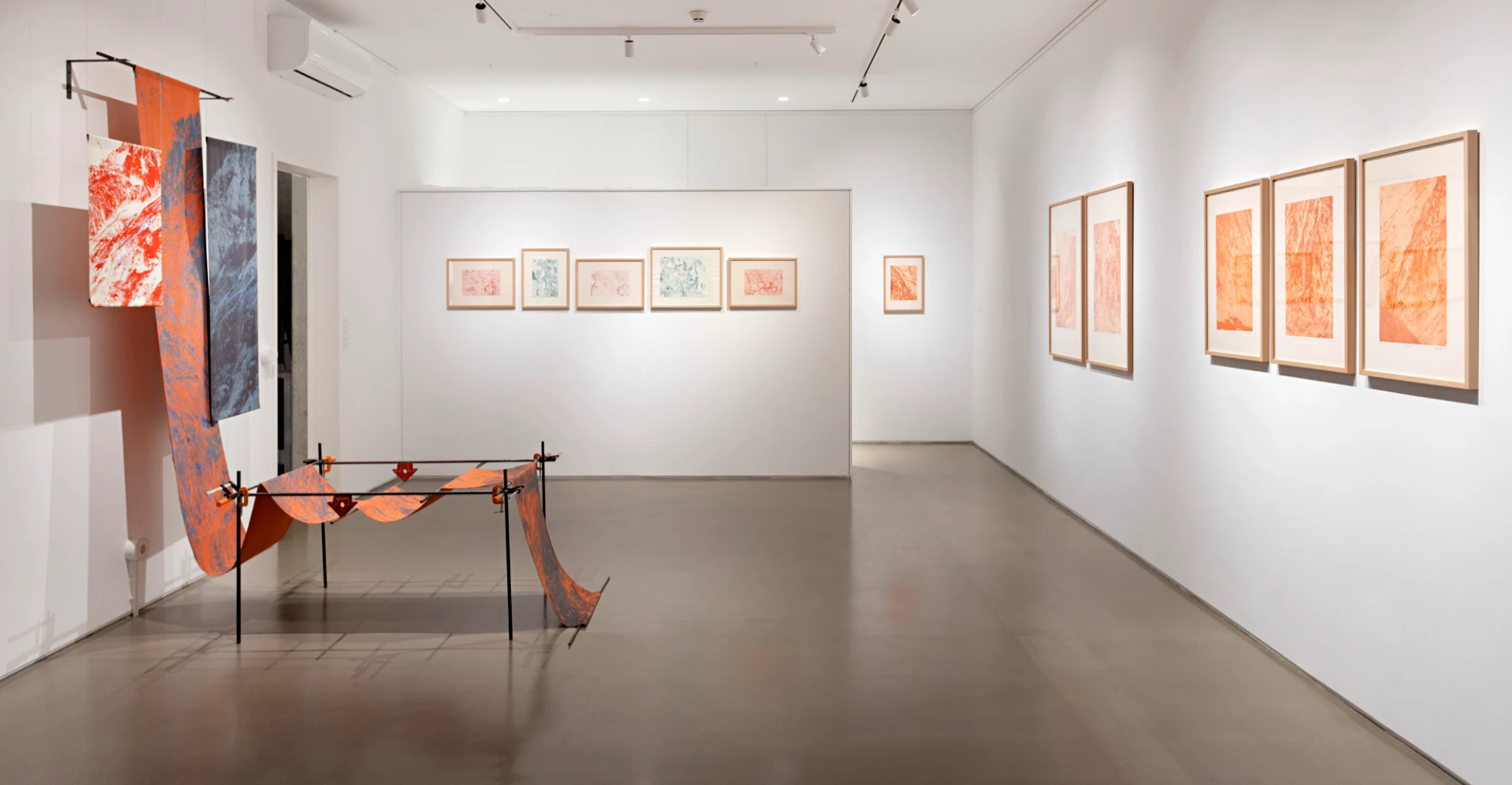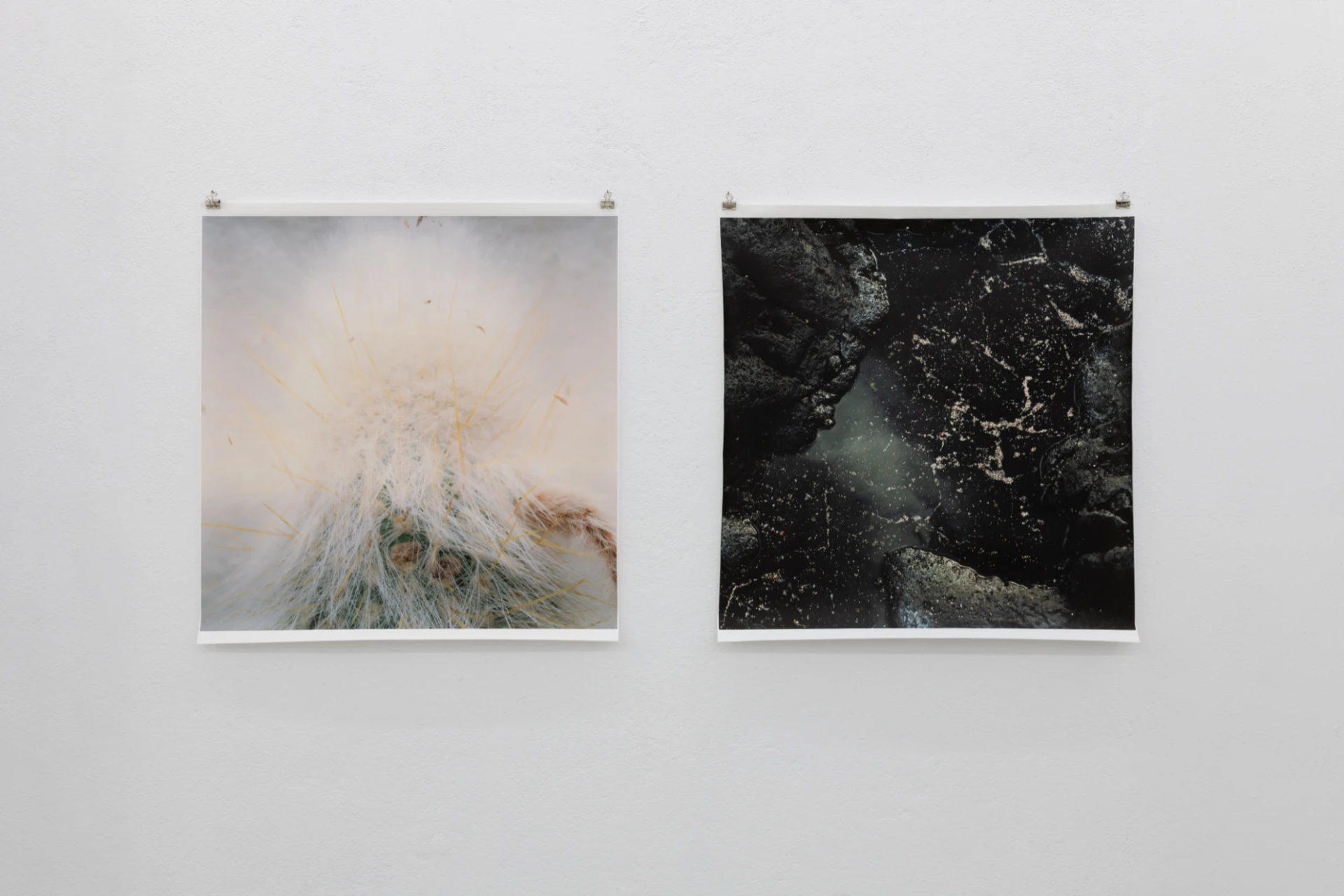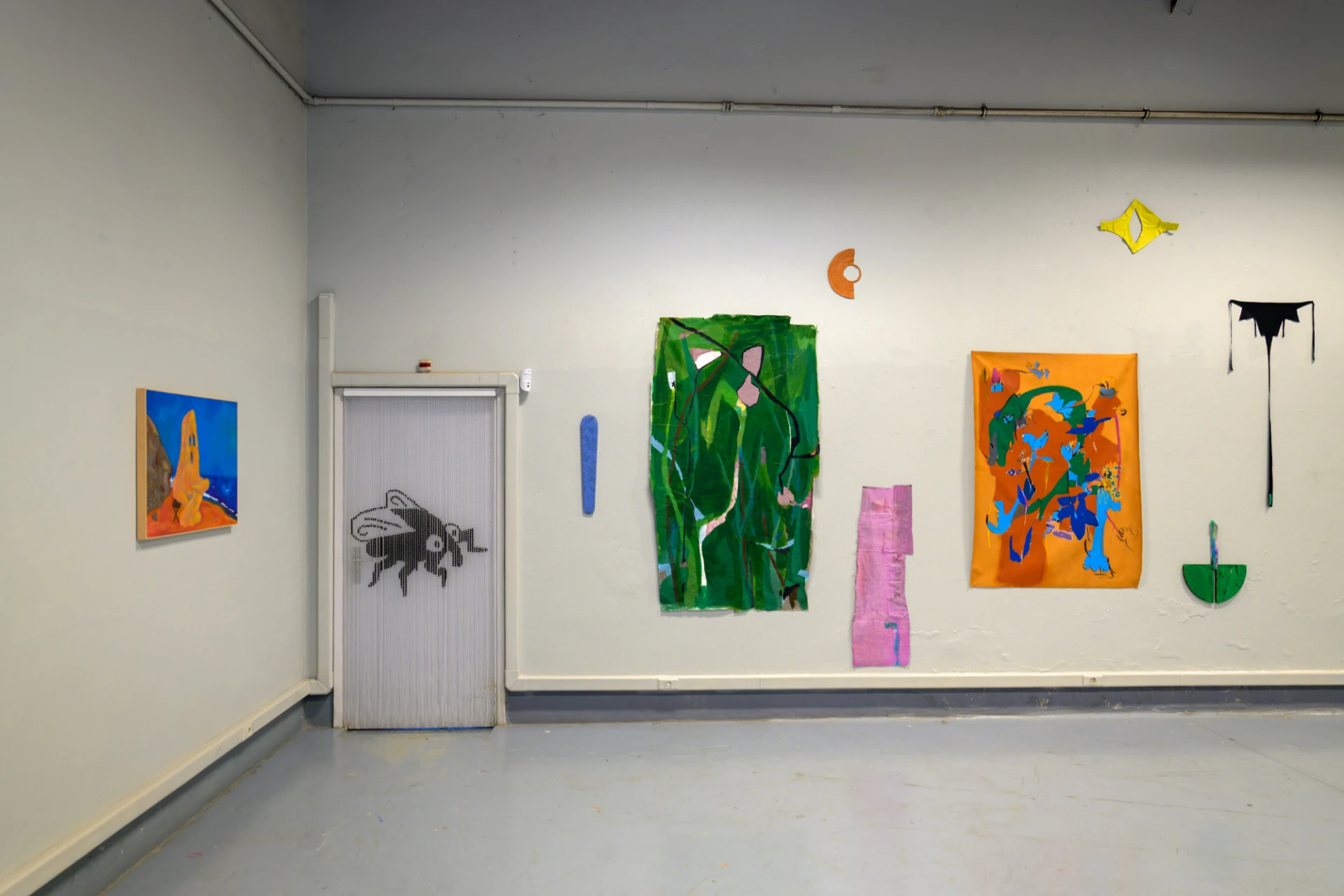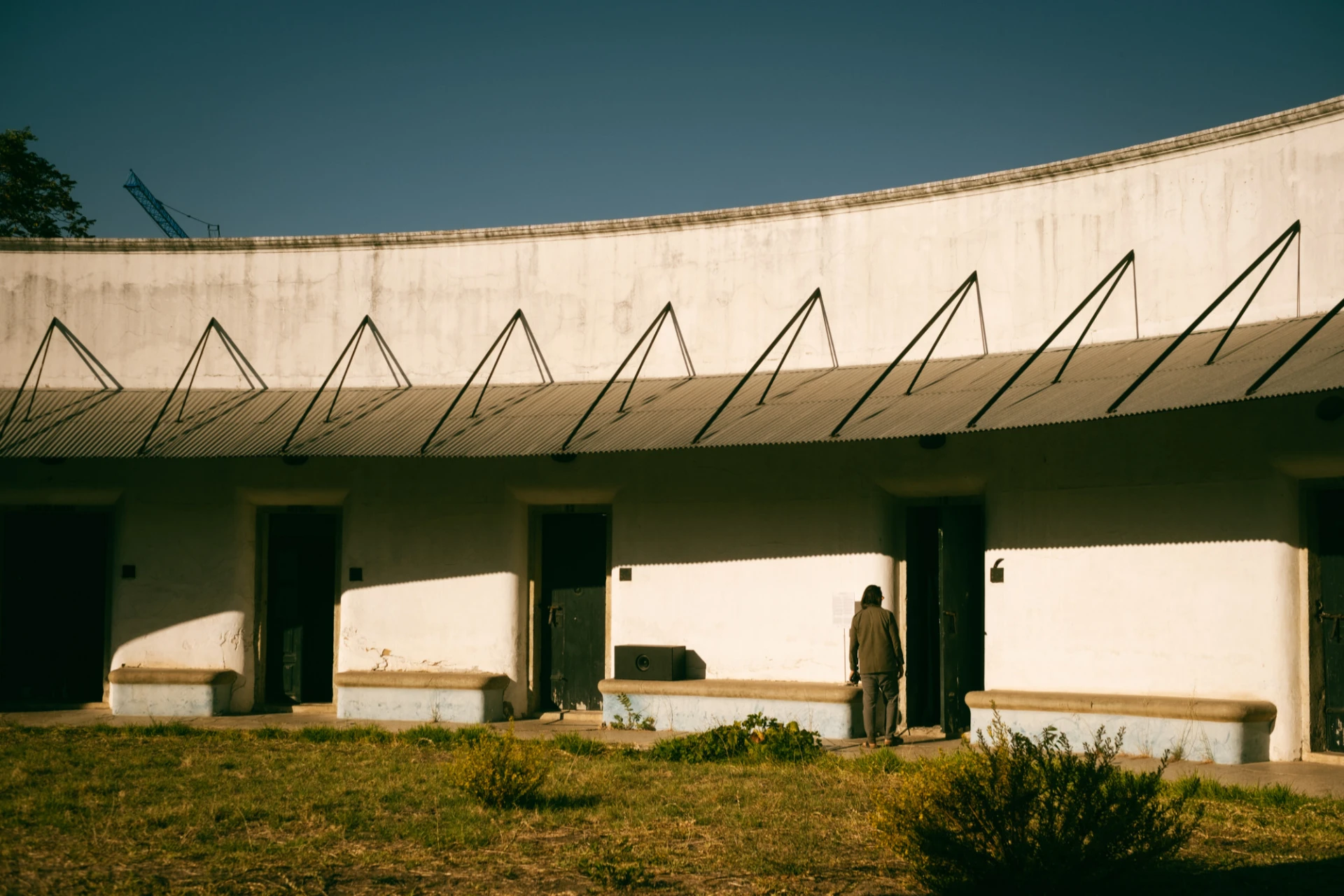article
Pós-Museu: “A” de Ausência, at the National Museum of Ethnology
In the year commemorating the 50th anniversary of independence of the four former Portuguese colonies – Angola, Cape Verde, Mozambique, and São Tomé and Príncipe – the exhibition 'Pós-Museu: “A” de Ausência' curated by Sandra Vieira Jürgens brought together works from the State Contemporary Art Collection at the National Museum of Ethnology.
In an eclectic exhibition that brings together different mediums, including painting, sculpture, archives, and video installation, it excels in shrewdly articulating a dialog between contemporary artists about collective memory, diaspora, oppression, liberation, and the historical processes resulting from a decolonial cultural policy.
The curatorship contemplates the basic premise of the "post-museum”, a term coined by political scientist Françoise Vergès in her book Decolonizing the Museum, which challenges museological thinking to open up to historically marginalized cultures, offering a space of resistance and diversity that challenges the dominant eurocentric narrative. If the old museum was a space that inherited colonial expropriation, the post-museum reconfigures and problematizes that same expropriative movement, honoring the new struggles for cultural identities and new forms of representation. In this regard, Edward Said, a renowned Palestinian scholar, literary critic, and activist, wrote in the postscript of Orientalism published in 1978 that "[ ... ] human history is made by human beings. Since the struggle for control of territory is part of that history, so is the struggle for historical and social meaning.”1
In Pós-Museu: “A” de Ausência, the work of the twenty-four invited artists highlights precisely new struggles for emancipation and historical and social reparations that rethink the path of humanity's great narrative from another angle, that restore civic, social, and cultural justice, that repairs – in what can still be repaired – the centuries of colonial expropriation. The reappropriation and contestation of the colonial archive is one of the most compelling themes in the exhibition, where the works of Catarina Simão (in the videos Ntimbe Caetano (2016) and Effects of Wording (2014), both from the series” The Mozambique Archive"), by Daniel Barroca (in the photo Mapa de Cumplicidades #2 (2011)), and Vasco Araújo (in the painted wooden archive Memória Infinita (2016)) denounce the terror and trauma of the decolonization process. There is also a shrewd questioning of the classic, strongly Eurocentric canons of art history in the series Tomorrow is Another Day by Mónica de Miranda, which reveals a study of the human figure carried out in a school in Kinshasa, in the Democratic Republic of the Congo, while alluding to the disturbing ethnographic studies and measurements carried out in this region during the colonial period.
But it's not all about the colonial horrors. Through the abstract painting of Nikias Skapinakis (The African Queen (1990)), the family portrait of René Tavares (Novo estilo de vida no quintal da antiga roça (2024)), the dreamlike symbolism of Joaquim Rodrigo's paintings (Sevilha – Cartaia (1969) and Paris-Orio (1972), and in the visual art of Grada Kilomba (Heroines, Birds and Monsters series, Triptych 2, Sphinx (2020)) we are offered another pictorial perspective that either directly portrays the daily life, values, and oral tradition of Africanity, sometimes influenced by the perspectives of ancient non-Western cultures. The important diasporic influence is not forgotten. In front of the transport box created by Carlos Bunga (Crate Painting (2019)), one imagines the experience of migration, nomadism, and the influence of Afro-descendants in Portugal is extrapolated.
If there is an “a” of absence in the exhibition, it is precisely in the absence of the old-fashioned museum discourse that insists on preserving a colonial heritage whose selective myopia prevents us from understanding that, sometimes, what is exhibited comes from a stripping away of another culture. On the contrary, this exhibition takes on the spoils of an imperialist and colonialist legacy, extending the invitation to the important reinterpretation (perhaps rewritten) of a historical narrative that left aside a series of bodies, genders, cultures, and perspectives, succumbing to the great missives and propaganda of the eurocentric colonial process.
Inaugurated on April 11 and running until July 13 at the National Museum of Ethnology, with guided tours (at 5 pm) and talks (at 6 pm) on May 17 and June 26, it is an essential visit for those interested in post-colonial issues, or want to learn more about the legacy of Africanity, the global south, and some of the most outstanding contemporary artists working on these themes.
1 Said, Edward. 1978. Orientalism, Cotovia editions. P. 395.
UMBIGOLAB LINKS
ADVERTISING
Previous
article

20 Jun 2025
"Fim do Mundo" Festival in São Tomé and Príncipe
By Ricardo Barbosa Vicente
Next
article

24 Jun 2025
Writing Her Own Story
By Joerg Bader
Related Posts



